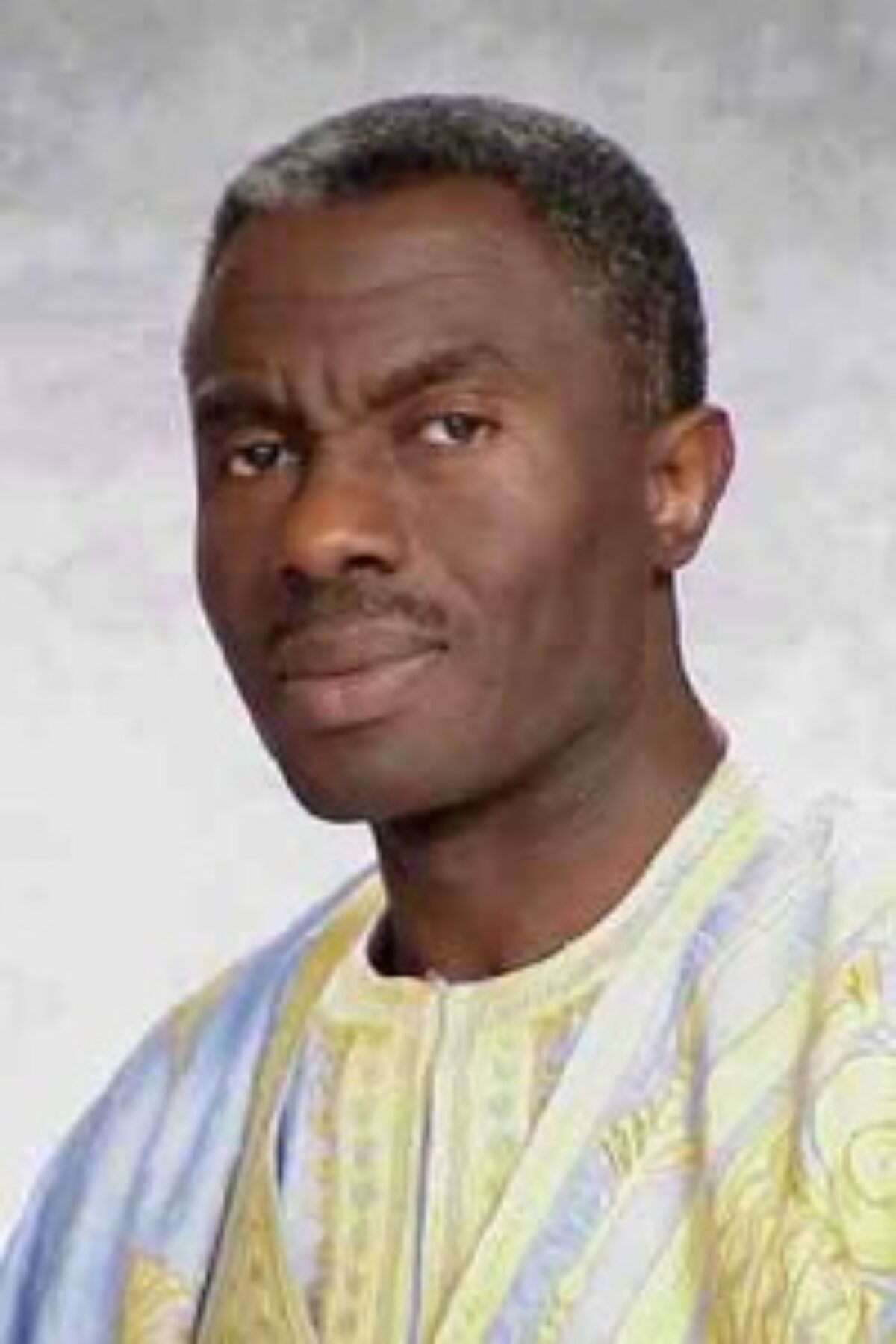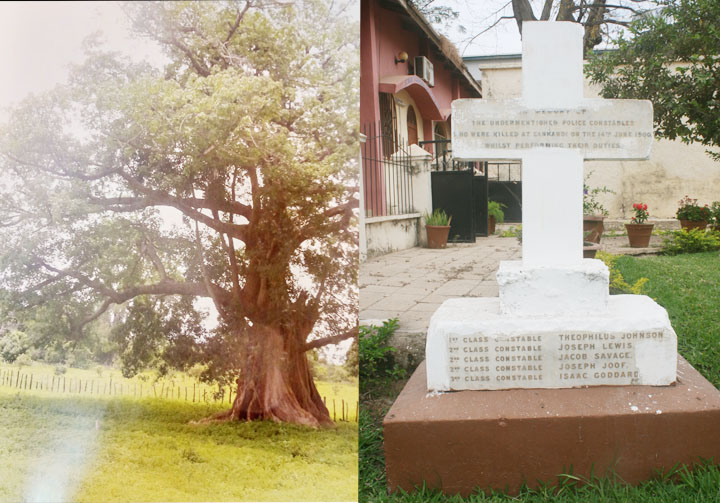by Assan Sallah, LamToro News, Germany.
The recent appointment of the State Intelligence Service (SIS) Chief Ousman Sowe to the new role as the Minister of Lands, Regional Government and Religious Affairs is being received with mixed reactions in various circles of our national life. Some activists and keen observers of Gambian political plays have frowned upon his appointment in light of the mountain of allegations of involvement in the willful destruction of critical evidence of torture and blood fest at the dreaded cells and interrogation chambers of the infamous National Intelligence Agency (NIA), which was renamed SIS sometime in 2017. An institution that has carried out and facilitated mass murders and torture of thousands of Gambians and other foreign nationals under the brutal dictatorship of Yahya Jammeh.
The raging consternation of Gambian public towards Sowe’s new portfolio is not without merit because the national Truth, Reconciliation and Reparations Commission’s (TRRC) investigations and subsequent report adversely mentions him as among those who should be held accountable. TRRC recommended an imposition of at least a 10-year ban from public service for Sowe and others for various crimes committed against the Gambian people while working for the NIA. However, Sowe managed to escape the ban because of the so-called “White Paper” issued by the government of The Gambia in May 2022. The government rejected TRRC recommendations on the grounds that his tampering and destruction of evidence happened in 2017 which was not under the mandate of the TRRC. How laughable?
Ousman Sowe replaced Sheriff Abba Sanyang, who was forced to resign in June and is reportedly being investigated for corruption. Until his appointment, the ministry was overseen by Public Service Minister Baboucarr Bouy.
There’s no question that there exists a political axis at play in Ousman Sowe’s elevation to a Cabinet seat in view of the uncertainty surrounding President Barrow’s political future and brewing internal battles of succession that have consumed the ruling NPP. I dare to delve into this proverbial axis and other political dynamics and maneuverings that have all given the appearance of the thinking of the presidency.
Top on the reasons for Ousman Sowe’s Cabinet appointment is rooted in the trust and confidence President Barrow and elements of NPP political class have in him. Besides his qualifications and experience, one fundamental political consideration for such distinguish political appointments is usually based on loyalty, trust and confidence. Sowe being a hangover from the Jammeh’s dark rule and his steady rise in political ranks reflects Barrow’s calculations and Sowe’s supposed loyalty to him and his government.
Regionalism is another important political strategy that sitting governments sometimes use to give an appearance of equal political representation at the highest offices of governments. Regionalism focuses on the interests of a particular region or group of people in order to serve the political interest of a government. Looking at Barrow’s choice of replacement for Sheriff Abba Sanyang, one can conclude that he still wants to entrench the idea of regionalism for political gains. He in fact made a statement to this effect in a 2022 interview following his reelection to a second term. Does the idea of “Mbahal Cabinet” rings a bell?
As a matter of fact, Sheriff Abba Sanyang hailed from Foni and Ousman Sowe is originally from Bullock village in Foni Berefet in the West Coast Region. This means that he has picked a native of Foni to replace a native of Foni. With this move, he hopes to cement his support in the Fonis.
Thirdly, there’s a great deal of political capital attached to the position of the Minister of Lands, Regional Government and Religious Affairs. The ministry has oversight power over the local authorities, district chiefs, village heads (Alkalolu) and local people. Barrow will be counting on Sowe to rebuild and improve on his ground game in coming elections. This is crucial because the results from the last parliamentary and local government elections have shown that President Barrow and his party have lost ground in some NPP strongholds which they won in 2021 presidential election.
This analysis will be further expanded to look into other considerations surrounding Ousman Sowe’s Cabinet appointment in due course.





